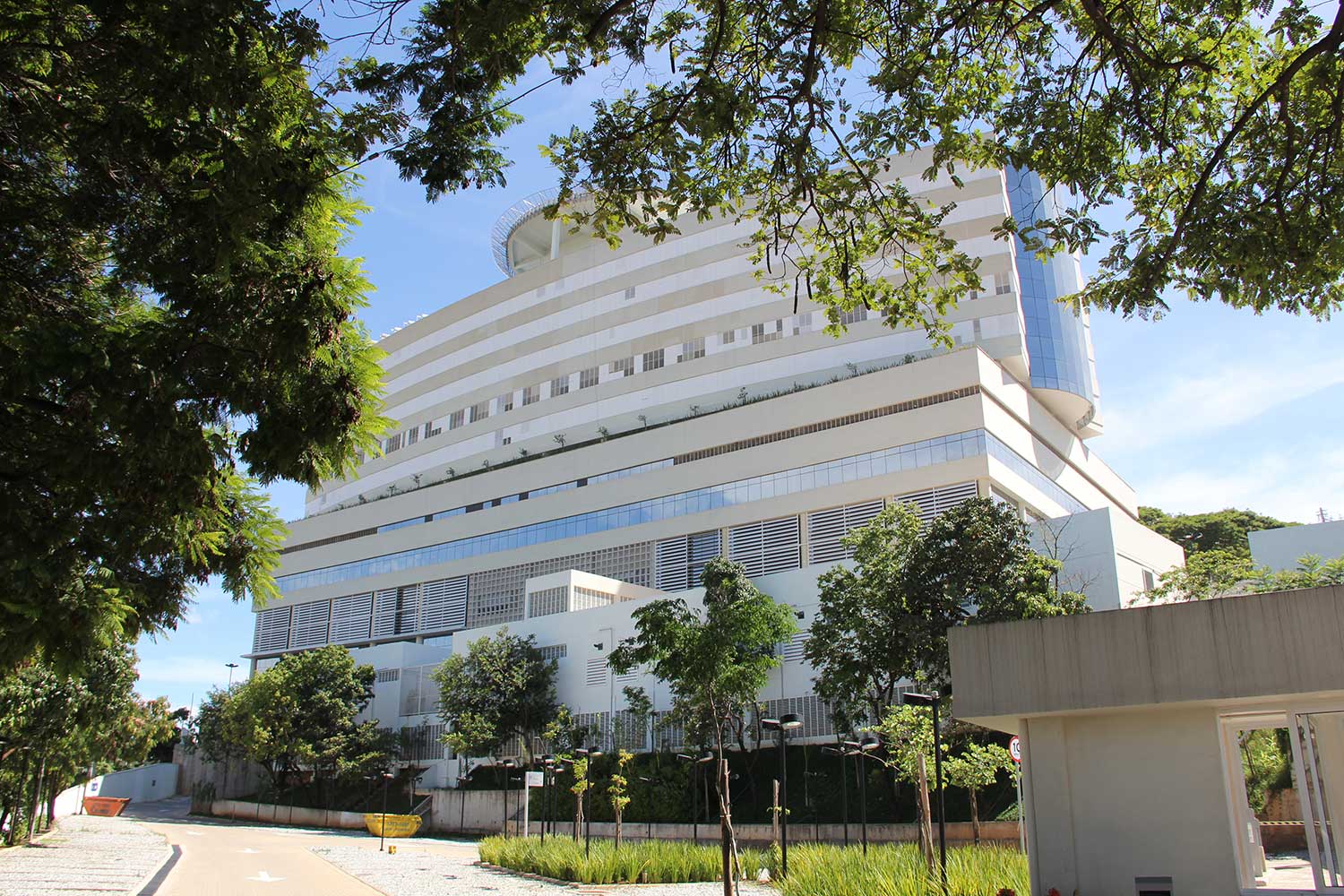
Opy Health reaches the market with its first operating facility: Metropolitan Hospital in Belo Horizonte
With BRL 200 million available for investment, Opy Health marks the debut of IG4 Capital in the healthcare sector. The company will focus on managing public and private assets and raising funds for acquisitions and investments in greater efficiency and technological advances
Opy Health, a healthcare investment division of IG4 Capital, reaches the market with a focus on private asset management and Public-Private Partnerships (PPPs). The company will provide investment capacity, expansion and, above all, operational efficiency in facilities management and non-medical services. Opy Health’s operation will start with BRL 200 million available for new investments. Its debut marks IG4 Capital presence in the healthcare sector for the first time and creates an asset chain in this segment.
“Our goal is to help improve the quality of healthcare services in Brazil by making strategic investments and offering effective operational management. Studies show that the cost per bed in Public-Private Partnerships is 20 to 30 percent lower than in hospitals managed by public administration only”, explains Otávio Silveira, Opy Health CEO.
Dr. Célio de Castro Metropolitan Hospital, based in Belo Horizonte, state of Minas Gerais, is the first contract negotiated by Opy Health, and it received an investment of more than BRL 220 million. Opy Health now runs Novo Metropolitano concessionaire and is in charge of all administrative and operational support in areas such as cleaning, food, reception, security, internal logistics, among others. The main goal is to provide excellent services and humanized care so that physicians and nurses have an organized, clean and safe work environment, in addition to having operating rooms, equipment, medicines and supplies always available. All that supported by a technology framework that enables the hospital to have a fully digital operation. Currently, the hospital has 460 beds and 16 operating rooms, in addition to a Stroke Diagnostic Imaging and Treatment Center.
One of the improvements planned by Opy Health for Dr. Célio de Castro Metropolitan Hospital is creating fully automated satellite pharmacies. This will allow greater control, in addition to safer management and internal logistics in drug distribution. The whole process will be integrated and digitalized, from incoming drug products in the warehouse to hospital rooms, ICU or surgical center, so that patients receive the right medication or supply at the right time.
The hospital operates through SUS (Brazilian Unified Healthcare System) only, and the partnership will be in force for 20 years (until 2035), with the possibility of being extended for 15 additional years. By streamlining procedures, Opy Health expects to save approximately BRL 40 million over the concession period. This translates into an important social benefit, as the City Hall will be able to invest the money or make improvements in the infrastructure and services of the Metropolitan Hospital.
Market and operating area
According to Silveira, the Brazilian healthcare market turns over about BRL 20 billion every year, and as the world population ages, the healthcare sector increasingly needs to provide availability, accessibility and efficiency. This scenario encourages new forms of partnerships and synergies between those involved in the chain – public authorities, medical staff, hospital management, health plans, laboratories, industry and pharmaceutical retail. In this context, Opy Health starts operating through a public hospital, under a PPP organization. Currently, public institutions represent more than 60 percent of the Brazilian healthcare market. “This segment has serious deficiencies in terms of effective management and hadn’t received the attention of investment funds”, says Opy Health CEO.
In addition to its recent acquisition, Opy Health is expected to announce, in the first quarter of the year, a new asset to the platform. “Opy Health brings to the healthcare sector its broad experience in providing public services under concession, business structuring and restructuring, corporate strategy and regulatory management, allowing the medical staff to channel their efforts into ensuring more effective healthcare to patients”, adds Silveira.
